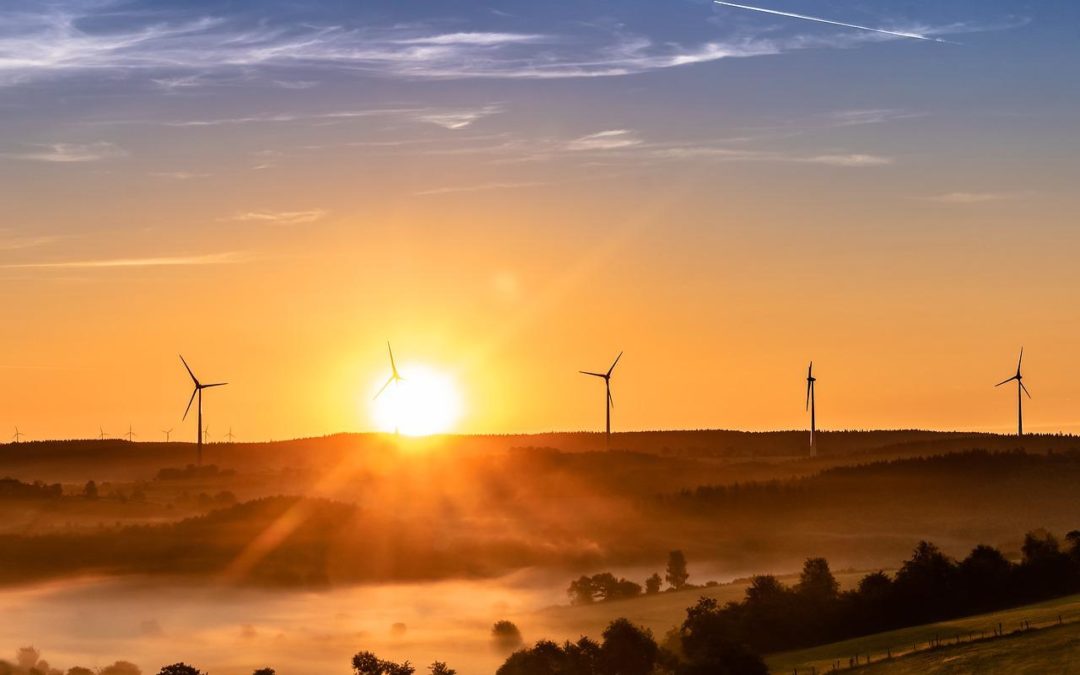The new policy brief based on LOCOMOTION research outlines how the EU can accelerate the shift towards a 100% renewable, sustainable and resilient energy future. The veto on including nuclear energy and gas into EU taxonomy to be voted by the Members of the European Parliament this week will play a crucial role in making this transition possible.
Scientific evidence and economic estimates suggest that we are at a critical point to double down on efforts for a clean and just energy transition. Renewables are the most cost-effective, sustainable and safest energy solution we have today. CAN and EEB research suggests the feasibility of a 100% renewable energy system by 2040, while energy think tank Ember has estimated €1 trillion of savings by 2035 from rapid transition, paired with benefits to human health, security and nature.
In the meantime, new nuclear facilities can be 19 times more expensive than renewable energy, considering the damage to human health and ecosystems. Natural gas is not a feasible alternative either, with methane’s high global warming potential and links to human rights violations, conflict and ecocide. Leaving nuclear energy and gas out of the EU taxonomy would save its credibility, prevent carbon lock-in and help close the mitigation gap by effectively directing climate finance.
Building on the present momentum and new findings, the EEB has brought together research by the LOCOMOTION consortium to outline five priorities for a holistic energy transition that would allow us to stop dependence on outdated energy solutions:
- Manage demand together. Based on a recent study, only the post-growth scenario can deliver sufficient reductions in GHG emissions and inequality without undesirable compromises. Energy stakeholders should prioritise sufficiency over excess, contribute to managing energy use, and increase efficiency to achieve a 33% reduction in industry demand by 2050.
- Measure real impacts. Consumption-based emissions from international trade can be 18.5% higher than previously estimated among countries that score high on the Human Development Index. Energy accounting methodologies need to be updated to avoid displacing carbon emissions and other negative impacts using metrics such as Hidden Energy Flows indicator.
- Accelerate the transition. Stronger policy incentives and more inclusive finance are needed for electrifying industry, energy storage development, deep renovation and climate innovation. This requires long-term collaborations and reducing barriers for deployment without compromising society and nature.
- Live within limits. The green growth path would deplete key minerals for renewables such as tellurium, indium, tin, silver and gallium by 2060, while the nickel resources can go empty within a century. Innovative design approaches, a 65% reduction in absolute consumption and stronger due diligence are needed to fast-track circular economy, maximise the potential of renewable energy sources and protect communities and ecosystems.
- Rethink just transition. Policymakers need to go beyond narrow framings of just transition and adopt a feminist and intersectional approach. This would improve access to the benefits of climate action allowing traditionally excluded groups to become part of a shared energy future. The green jobs discourse needs to be replaced with a more inclusive framing, recognising how diverse people contribute to sustainability and wellbeing.
Today, accelerating the energy transition is a political and ecological necessity. Including nuclear energy and gas in the list of green investments would be a dangerous mistake, undermining many of the essential efforts outlined above. In this critical moment, the vote by MEPs can prove decisive in supporting a renewable, secure, and responsible energy future.

